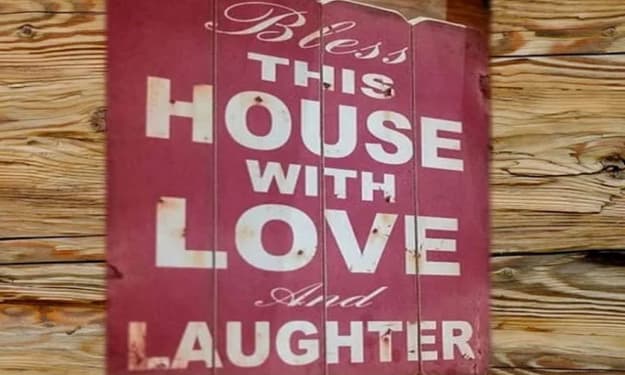THIS IS ABOUT OBUDU CATLE RANCH NIGERIA
OBUDU CATLE RANCH

Six clans, Bette, Obanlikwu, Bendi, Utuwang, Ukpe-Alege, and Utanga-Becheve, are found in the Obudu geo-cultural area. These clans have all prospered as distinct communities with a strong kinship culture. The Obudu people's origins are unknown, although it's possible that they moved from someplace in the east to where they are currently around the 18th century. The most well-known migration legend, the Ulanga Legend, identifies Ulanga, a high summit in the modern-day Utanga-Becheve clan settlement of Amandakureke, as a secondary or possibly tertiary dispersal center.
Families all have a broad accord in their traditions that the Igenyi invasion caused their displacement at Ulanga. They were depicted as having soft bunching hair, light skin, wearing long flowing dresses, riding horses, carrying spears, and having a sizable contingent of black servants.
The research that is now in publication indicates that these might have been Portuguese slave raiders, Fulani, or the Chamba, three imperialist groups whose sub-Saharan expeditions are known to have peaked in the 18th and early 19th centuries.
According to a different story, the ancestors of the Obudu arrived to a location known as Onikal in the Cameroonian nation before moving on to Ulanga, where the Igenyi dispersed them. According to traditional tales, the Bendi clan travelled to Ulanga, the location of dispersal, after spending a brief time in Ukwel Unokel, also known as Mountain Unokel.
It is possible that Ukwel Unokel and Onikal are alluding to the same place. More memories point to a common ancestor between them and their Bekwarra neighbours, whom they consider to be historical "brothers''. Several cultural similarities, such as mutually understandable dialects, support this notion.
\Given the aforementioned, if the Bekwarra had a strong relationship with the former Kwararaffa Empire as is thought, it is likely that the relocation mentioned in Obudu migration traditions corresponds with the collapse of Kwararafa in the 18th century and the subsequent dispersal of its people.
It would not be difficult to explain the apparent discrepancy in these recollections in order to arrive at credible primary and secondary places of dissemination. In any case, the slight differences between the mutually understandable dialects of its clans point to the migration of breakaway groups, distinct migratory experiences, and slight variations in arrival times.(7) However, it is undeniable that the Obudu clans, who had migrated from an eastern Bantu homeland, had acquired ownership of the region by the 18th century.(8)
Contemporary history
The six Obudu clans were formally incorporated into the Ogoja province of the Eastern Region of Nigeria with the arrival of British colonialism. Obudu became an independent local government council following Nigeria's independence in 1960 and the establishment of the local government review commission in 1976. Since then, it has continued to be one of Cross River State's eighteen local government districts. Cross River hired experienced international educators for Model
M. McCaughley, a Scottish man who had initially studied the mountain ranges in 1949, created it in 1951. For one month in 1951, he and Dr. Crawfeild, together with another rancher named Mr. Hugh Jones, camped atop the Oshie Ridge in the Sankwala Mountains. They created the Obudu Cattle Ranch jointly as a result.
Since 2005, tourists can enjoy a picturesque view while avoiding the incredibly winding road leading to the School in Obudu Local Government Area by taking the cable car, which climbs 870 metres (2,850 feet) from the base to the summit of the plateau. Situated in the Obanliku Local Government Area of Cross River State, the resort is situated on the Obudu Plateau near the Cameroon border in the northeastern region. It is roughly 110 kilometres (68 miles) east of the town of Ogoja and 65 kilometers (40 miles) from the town of Obudu. The distance from Obudu town is approximately 30 minutes by car, while from Calabar, the capital of Cross River State, it is approximately 332 kilometres (206 miles).





Comments
There are no comments for this story
Be the first to respond and start the conversation.